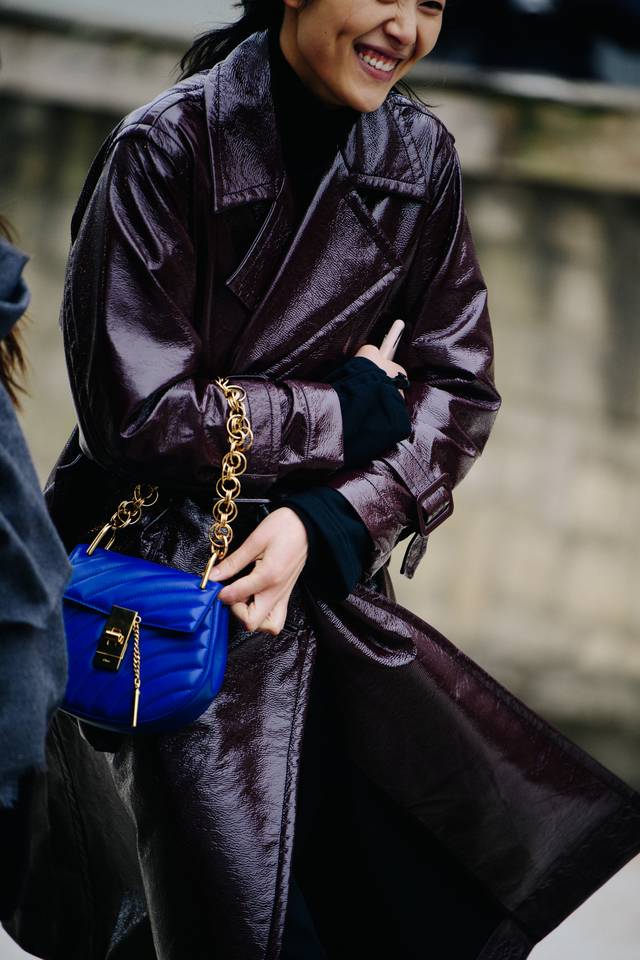Published in partnership with
China is the biggest luxury market in the world, and Chinese consumers buy 40 percent of their luxury items abroad. A decline in Chinese spending in Europe is of especial concern to luxury brands.
Lunar New Year travel to Europe made a 180-degree turn from last year, with travel spending and visits down in key Chinese tourist destinations. That's according to Global Blue, perhaps the biggest player in European tax refunds, which has monitored Lunar New Year spending in Europe in recent years.
In 2017, Global Blue recorded a staggering 36 percent increase in Chinese travel spending during the Lunar New Year holiday. That was a significant jump from the year before, when spending in Europe during January-February was down eight percent year-over-year, in part due to hesitance over the worsening security situation in Europe at the time.
Figures for 2018 look particularly bad next to the stellar figures for 2017, but still present some worrisome news for luxury retailers and tourism operators in Europe, especially in France, Germany, and the United Kingdom. According to Global Blue, negative growth in the double-digits was recorded in both Germany and the United Kingdom at 21 percent and 23 percent respectively. In France, sales during the Lunar New Year were down 7 percent.
In total, Chinese tourists' transaction volume was down 10 percent across Europe during the 2018 Lunar New Year. The only outlier was Italy, which recorded a modest four percent increase in sales compared to last year.
Global Blue attributes much of the decline to what it refers to as macro events. As Jing Travel has previously reported, favorable exchange rates have consistently proven to fuel Chinese tourists' consumption, and Global Blue reported that both a strong Euro and a Pound Sterling strengthening against the Chinese yuan were contributing factors to this year's decline in sales.
More concerning, however, is that Global Blue found that "all key destinations, with the exception of Italy, saw a decline in inbound tourism from China."

Whether the disappointing decline of Chinese tourism — and Chinese tax-free shopping — in Europe during the Lunar New Year holiday represents the beginning of a tough year in Chinese travel is hard to tell. It's possible that the decline during this particular period is simply a representation of shifting Chinese New Year travel preferences among Chinese consumers.
In comparison to Europe, the Asia Pacific did relatively well with a zero percent change in transaction volume year-over-year, with Japan and Singapore the bigger winners with 15 percent and 9 percent growth respectively. However, the continued ban on group travel to South Korea likely had a negative impact on overall growth figures for the Asia Pacific region.
But it's not all bad news for Europe. While the number of arrivals and transactions were down during 2018's Lunar New Year holiday, average spending per transaction was up in several European countries. To Global Blue, this signals that "elite Chinese globe shoppers are continuing to spend and will do so in the future."
This article was first published here on Jingdaily.com


















